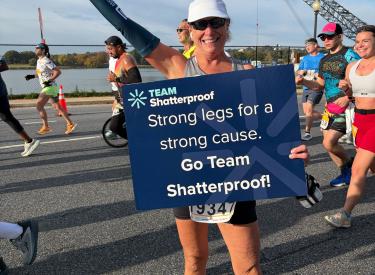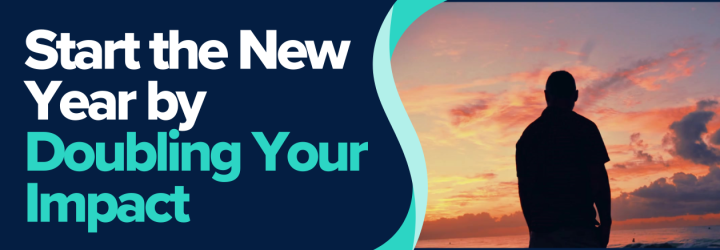
I Come First
On June 29th, I celebrated twelve years in recovery. As I progress through this journey, I keep peeling back more and more layers of the onion. It is hard work, but so fulfilling. In fact, I cannot imagine my life without my addiction and recovery experience, because the work I do in recovery has become the most rewarding and meaningful of my life.
My recovery has shown me a design for living. I’ve always felt like “normal” people were born with a manual, like they innately know things that I did not learn until I got sober and started doing the work. These past seven years, I have had many “a-ha” moments about life.
In recovery, I’ve learned what a friendship is, versus who an acquaintance is. I’ve learned the value of friendship and how to be a good friend. I’ve learned how to see my part in things, how to admit when I am wrong, how to forgive, how to say I messed up to my boss and own it. I have learned to not take everything so personally, that it is not always about me, that “comparison is the thief.”
This self-awareness is ongoing. It will be on-going for the rest of my life. The best part of recovery for me is the self-awareness I have gained through the work I have done.
For me, self-care is the key to maintaining my recovery and processing the lessons that it brings. I know that I have to take care of myself, and take care of myself well, if I want to have the strength each day to learn, grow, and thrive.
Here’s what self-care means to me.
- Exercise. This could be a power walk alone or with a friend, going to my gym for strength training, taking a ride on my beach cruiser, or going for a paddle along Long Island Sound.
- Quiet time. I used to thrive on noise, drama and chaos. Today, I need a fair amount of downtime/quiet time.
- Prayer/meditation. This one is so important to me. I have discovered some great apps to assist with my prayer practice. To me, the St. Francis Prayer is the embodiment of the life I want to live. I try to say it daily.
- Talking to other fellows in recovery daily. This means face to face or the telephone.
- Eating healthy. in early sobriety, I gained a lot of weight. That was especially hard, because my first mental health issue in my high school and college years was anorexia and bulimia, and it took me a long time to get that to a healthy place. Today, I have lost most of the weight I gained, but I still have a bit to go. I must be very conscious about what I put in my mouth. I’ve learned how to make healthy choices, how to cook nourishing meals and how to still enjoy a cheat meal every week. I think body image is an issue I will struggle with the rest of my life, but I try to have a healthy relationship with food today.
- Enjoying nature. I am lucky enough to live in the suburbs of Connecticut and within walking distance to Long Island Sound. I spend a lot of time walking and sitting at the beach. In the summer I love a quick dip in the sound after work or I take a walk down to the beach in the mornings before getting on the train to NYC. Nature balances me and allows me time to breathe.
- Nurturing my relationships and spending time with my people. The way I view friendship has changed greatly in sobriety. Today I have a handful of close women in my life. I share deeply with these women, and we spend a lot of time together: Going to the gym, grabbing coffee, talking on the phone. They are my trusted circle. Some are in recovery and some are not, but they all love me deeply and they are all healthy in mind, body and spirit. I learned long ago to let go of people who do not bring me joy, people who thrive on drama and are caught up in keeping up appearances. I appreciate people who are real, honest about their struggles and brokenness and willing to do the work to make the best out of their lives.
- Service. Be it in my recovery community, my church, my community, my family, my friend group. I always try to get out of myself by helping others.
- Practicing gratitude. I practice this daily. I have so much in my life to be grateful for. It is never hard to come up with this list, even on a tough day.
Of course, I do not do all of these things every single day. But on a good day, I do more than a few. And I’ve found that in doing so, these things make me a better employee, daughter, sister, aunt, and friend.
I hope this list gave you some ideas of how you too can practice self-care and have more self-awareness in your life. Remember, it’s all about the journey, not the destination. We all have bad days and good days, but using these tools I am able to avoid unraveling completely when things don’t go my way, or if I get disappointing news, or if I let someone down. With these self-care skills in my toolkit, I feel prepared to go anywhere that my recovery journey takes me.
Holly Jespersen is Shatterproof's Senior Communications Manager.
Originally published in 2018.





